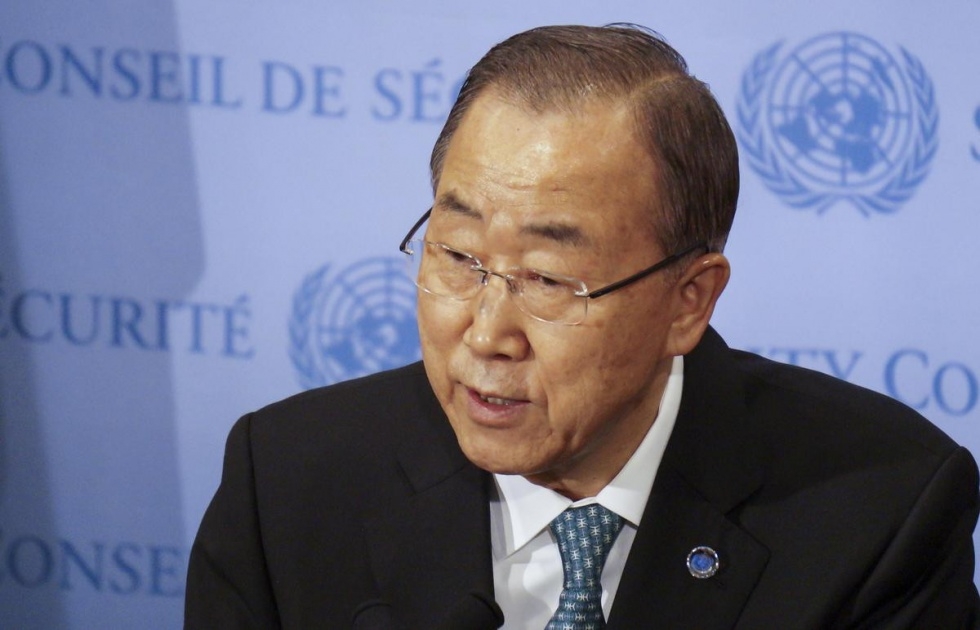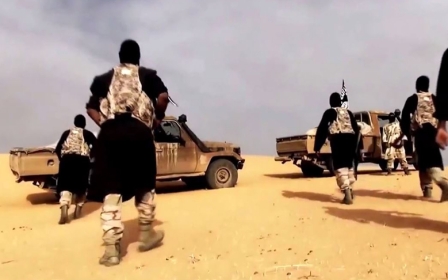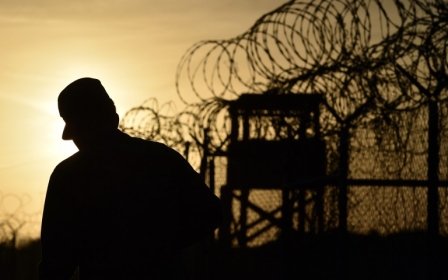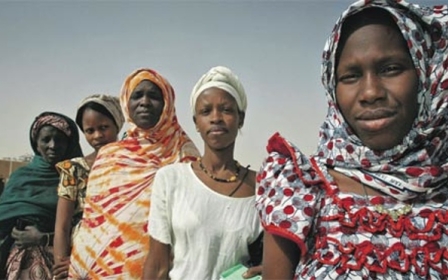UN's Ban arrives in Mauritania: Report

UN chief Ban Ki-moon began an official visit to the Mauritanian capital Nouakchott late on Thursday, as part of a tour of West and North African countries, Mauritania's official AMI news agency said.
He plans to hold talks on Friday with President Mohamed Ould Abdel Aziz and Prime Minister Yahya Ould Hademine, his programme showed.
Before flying to Mauritania from Burkina Faso, the first stop in his tour, Ban had expressed "concern" over a string of hardline militant attacks in Africa's Sahel region.
"I am deeply concerned by the terrorist attacks in the (Sahel) region," he said in Ouagadougou.
"The response to terrorism must be global," he said, urging "a strict adherence to human rights and international humanitarian law".
Burkina Faso was struck on 15 January by a string of coordinated attacks that left 31 dead, including 28 in Ouagadougou, where militants attacked a hotel and a nearby cafe popular with foreigners.
"I returned to the region to ensure the international community continues to support the Sahel region. This evening I will go to Mauritania to continue my work of awareness-raising," Ban said.
In Mauritania, Ban is due to hold talks "about the relationship of cooperation between Mauritania and the United Nations," chiefly "the growing role and the support given" by the country to the UN's peacekeeping missions, particularly in Africa.
Some 1,000 Mauritanian nationals are deployed as UN peacekeepers in missions across the world, including Ivory Coast, the Central African Republic and Darfur in Sudan.
After Burkina, Ban is due to visit Algeria.
New MEE newsletter: Jerusalem Dispatch
Sign up to get the latest insights and analysis on Israel-Palestine, alongside Turkey Unpacked and other MEE newsletters
Middle East Eye delivers independent and unrivalled coverage and analysis of the Middle East, North Africa and beyond. To learn more about republishing this content and the associated fees, please fill out this form. More about MEE can be found here.




